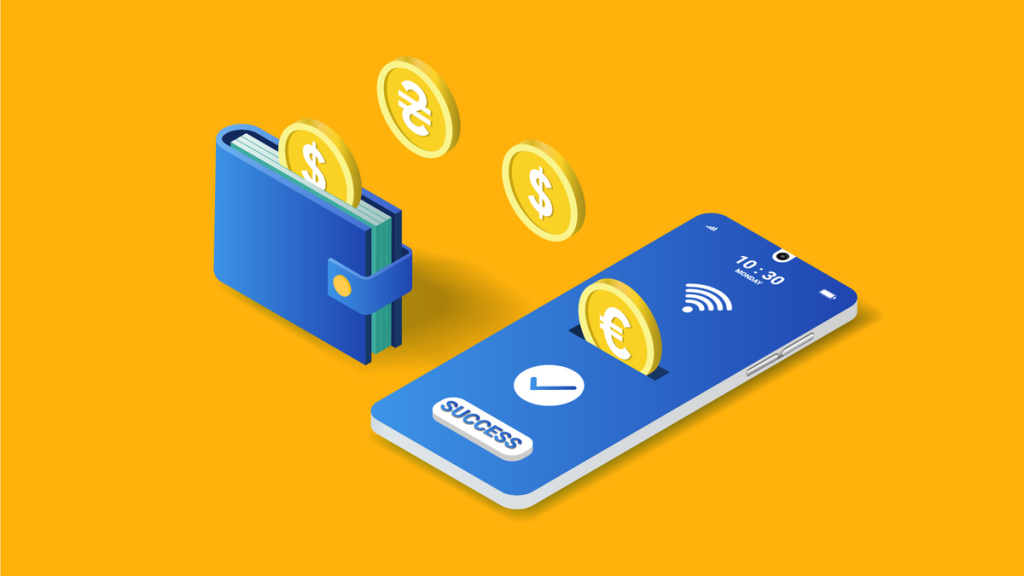In today’s digital age, the way we handle money is evolving rapidly, with electronic wallets (e-wallets) emerging as a popular alternative to traditional cash and cards. These digital payment solutions offer convenience, security, and flexibility, but they also come with their own set of advantages and disadvantages. In this article, we’ll explore the pros and cons of using e-wallets, helping you make informed decisions about how to manage your finances in the digital world.
Here are the Pros:
- Convenience: E-wallets allow users to store multiple payment methods (credit/debit cards, bank accounts, etc.) in one place, making transactions quick and easy.
- Accessibility: E-wallets can be accessed anytime, anywhere if you have an internet connection. This makes them convenient for online shopping and in-store purchases.
- Security: Many e-wallets use encryption and tokenization technology to protect users’ financial information. Additionally, they often offer features like biometric authentication (fingerprint or facial recognition) for added security.
- Budgeting and Tracking: E-wallets often come with features that allow users to track their spending and set budgeting goals, helping them manage their finances more effectively.
- Contactless Payments: With the rise of technology, many e-wallets support contactless payments, making transactions faster and more hygienic, especially in the context of the COVID-19 pandemic.
Here are the Cons:
- Dependency on Technology: E-wallets rely on technology, which means they can be vulnerable to technical issues such as server downtime, software glitches, or cyberattacks. In such cases, users may face difficulties accessing their funds or making transactions.
- Limited Acceptance: While e-wallets are becoming increasingly popular, not all merchants accept them as a form of payment. This can limit their usefulness in certain situations, especially in regions where cash remains the dominant payment method.
- Fees: Some e-wallet providers may charge fees for certain transactions, such as transferring funds from the e-wallet to a bank account or currency conversion fees for international transactions.
- Privacy Concerns: E-wallet providers may collect and store personal data about users’ spending habits and transaction history. Some users may have privacy concerns about how this data is used and shared by the e-wallet company.
- Potential for Overspending: The ease of making transactions with e-wallets can lead to impulsive or excessive spending if users are not mindful of their budgeting goals.
In summary, e-wallets offer convenience, security, and flexibility for managing finances, but users should be aware of potential drawbacks such as technological dependencies, limited acceptance, and privacy concerns. It’s essential to weigh these factors and choose an e-wallet provider that aligns with your needs and preferences.

